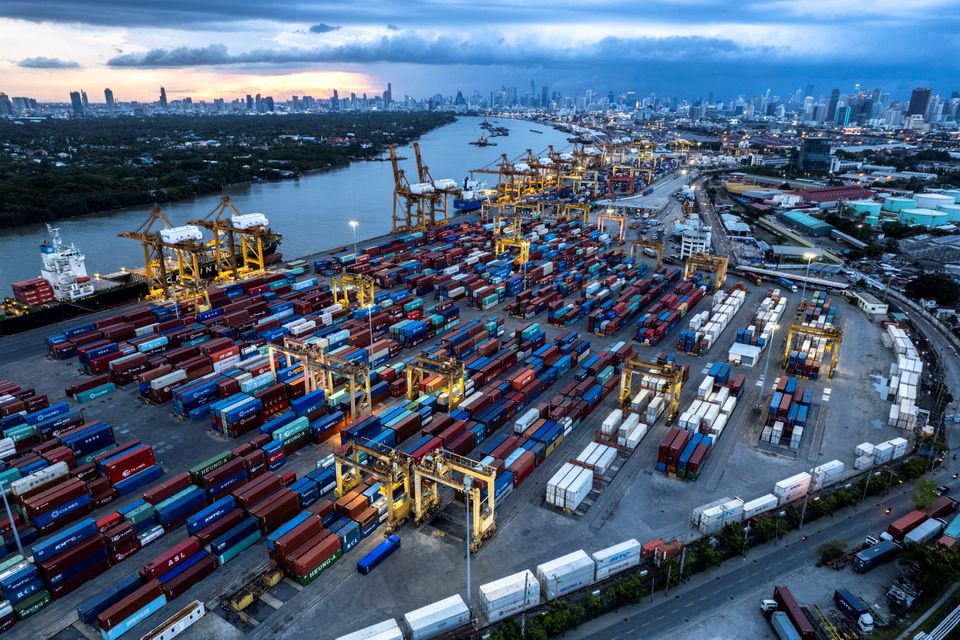Thailand's economy expanded at the fastest pace in a year in the second quarter as eased COVID-19 restrictions boosted activity and tourism, reinforcing views that more rate hikes will be needed to curb inflationary pressures.
Southeast Asia's second-largest economy is making a steady recovery after the lifting of pandemic curbs but still faces headwinds ranging from inflation at 14-year highs to China's slowdown and weaker global demand.
The government slightly revised its 2022 economic growth forecast to 2.7% to 3.2% from an earlier 2.5% to 3.5% range. Last year's 1.5% growth was among the slowest in Southeast Asia.
The Thai economy grew an annual 2.5% in the June quarter, the fastest since the second quarter of 2021, data from the National Economic and Social Development Council (NESDC) showed on Monday.
That compared with a forecast 3.1% rise in a Reuters poll and a revised 2.3% growth in the March quarter..
The pace might "not be that high" possibly because of decreased investment and last year's high base of 7.7% annual growth, NESDC head Danucha Pichayanan told a news conference.
The economy expanded 2.4% in the first half, and "the trend will continue later this year," he said.
"Thailand's economy kept rebounding in the second quarter of the year on the back of a reopening boost," Capital Economics said in a note. However, it expects inflation to weigh on consumer spending and investment, with exports restrained by a global economic slowdown.
On a quarterly basis, gross domestic product (GDP) grew a seasonally adjusted 0.7% in April-June, missing a forecast 0.9% increase, and against a revised 1.2% in the first quarter.
"This reflected the adversities of the Russian-Ukraine war," said Kobsidthi Silpachai, head of capital markets research of Kasikornbank.
"This is likely to persuade monetary policymakers to proceed carefully," he said, predicting the Bank of Thailand would raise rates by another 25 bps at its November meeting, rather than at next month's meeting.
Rate hikes in stores
The central bank raised rates for the first time in nearly four years last week to 0.75% to counter inflation, signalling further gradual increases as the recovery gains momentum.
Thammarat Kittisiripat, economist at Tisco Group, said the continued growth would make the BOT "more comfortable" to hike its key rate further, with a quarter point expected at each of two remaining meetings this year, taking the rate to 1.25%, a pre-pandemic level.
Headline inflation in July was 7.61%, driven by energy costs and far exceeded the central bank's target range of 1% to 3%.
The government agency raised its 2022 forecast for headline inflation to 6.3% to 6.8% from 4.2% to 5.2% previously.
It now expects 9.5 million foreign tourist arrivals this year, versus 7 million projected earlier, after travel curbs were lifted. Tourism typically accounts for 11-12% of GDP.
The numbers compare with 428,000 foreign tourists last year and nearly 40 million visitors in pre-pandemic 2019, with Chinese tourists accounting for nearly 30% of the total.
The agency raised its export growth forecast to 7.9% this year versus an earlier estimate of a 7.3% rise.





















































